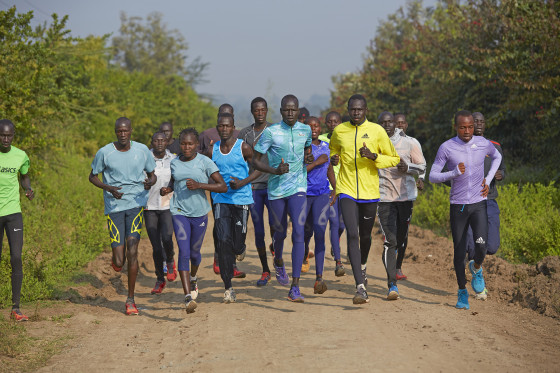Before anyone had the notion of fielding an Olympic team made up of refugees, there was a June 2014 footrace on the dusty outskirts of Kenya's Kakuma camp, home to nearly 200,000 Africans displaced by violence and famine.
The goal, at the time, was relatively modest: to bring hope and fun to a place without much of either.
Full coverage: Follow Team Refugees Through the Games
Tegla Loroupe was watching. The record-breaking long distance runner and peace activist had organized the event with the United Nations Refugee Agency to mark World Refugee Day. She noticed a lot of talented men and women sprinting down the dirt roads, and thought the best of them ought to have a chance to run in international competitions.
"They at least could have a career whereby they'd be treated as people, with dignity and pride," Loroupe recalled thinking.
That led to the creation of a training camp outside Nairobi, and a series of trials — in which some entrants ran barefoot — to find those worthy of moving there.
She figured it could be years before her plans came to fruition.
At the same time, in the summer of 2015, International Olympic Committee President Thomas Bach became increasingly concerned about an exploding refugee crisis that had pushed to 20 million the total number of people who'd escaped war and persecution in their homelands — Syria, Afghanistan, Somalia, many others — and ended up in new countries. They included thousands of people pouring into Kakuma from civil war-torn South Sudan and other surrounding countries.
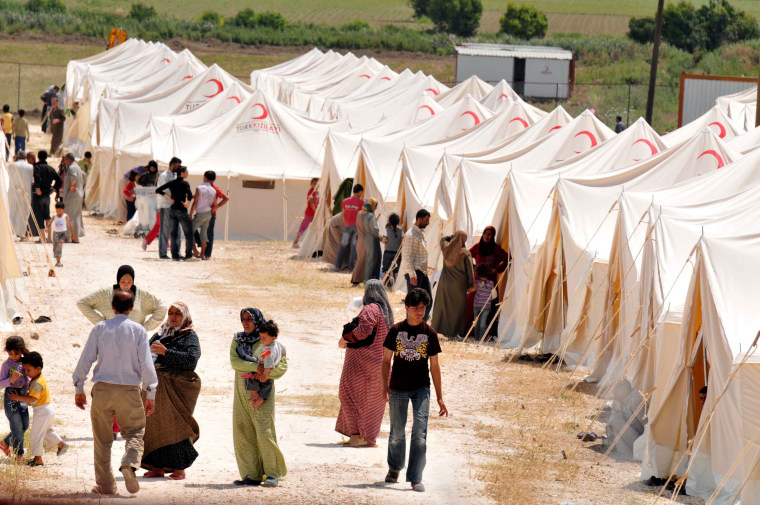
Bach had an idea: Send the world's top refugee athletes to the Rio Games.
In October 2015, he made it official, telling the United Nations General Assembly that the IOC would support a team of refugees, and asked member countries for help finding prospects.
The concept was not completely unprecedented: In 2012, marathoner Guor Marial, who fled Sudan as a child and settled in the United States, ran as an Independent Olympic Athlete. Other athletes have competed independently, either because their countries were banned from the Olympics or did not have a national team.
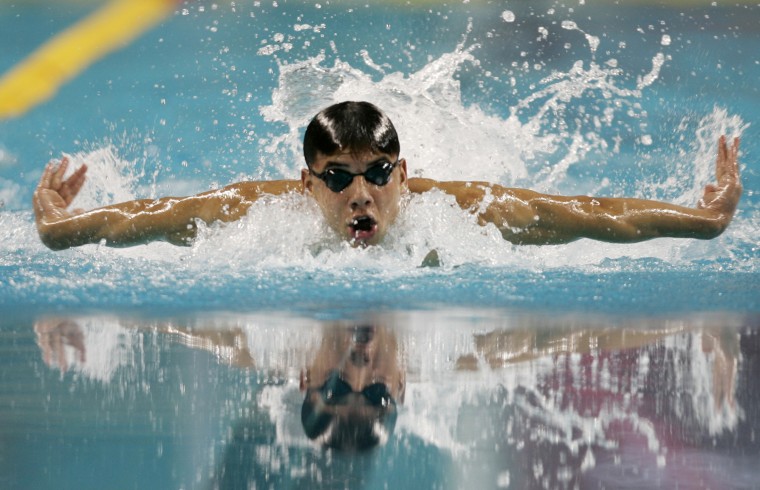
But never before has there been a team made completely of displaced people.
"This will be a symbol of hope for all the refugees in our world, and will make the world better aware of the magnitude of this crisis," Bach said.
For Loroupe, the leap seemed sudden, but she already had a few dozen promising recruits.
The bigger challenge was to find others among the hordes of displaced people scattered around the world.
A wide array of athletes were submitted for consideration, and the IOC narrowed the list to 10. Some have been working with coaches for years, others just months. Some met Olympic qualification standards, and others came very close.
PHOTOS: Olympic Refugee Team to Make History in Rio
On June 3, Bach announced the final roster. It included two swimmers from Syria — one who escaped to Germany (Yusra Mardini) and another who ended up in Belgium (Rami Anis); a pair of Congolese judokas abandoned by their coach in Brazil three years ago (Popole Misenga and Yolande Mabika); an Ethiopian marathoner who drives a taxi in Luxembourg (Yonas Kinde); and five long-distance runners from South Sudan discovered by Loroupe (Yiech Pur Biel, James Nyang Chiengjiek, Anjelina Nadai Lohalith, Rose Nathike Lokonyen and Paulo Amotun Lokoro).
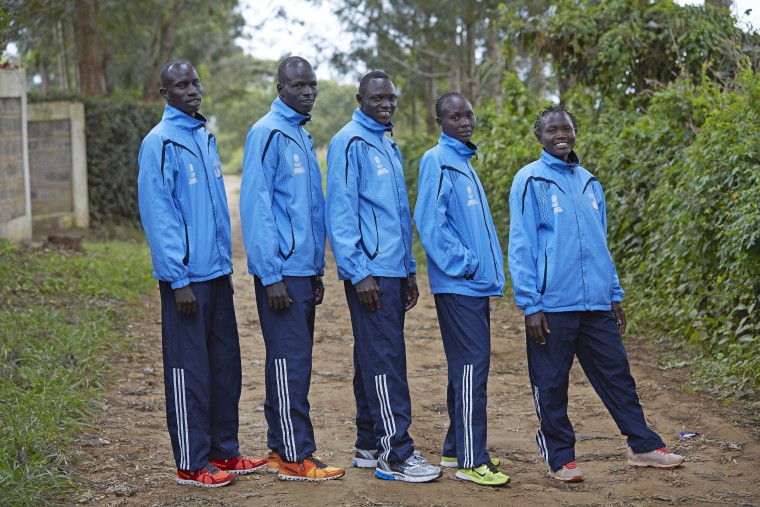
Some of the athletes' home countries are fielding Olympic teams themselves. But the 10 members of the Refugee Olympic Team will march in the opening ceremonies in Rio under the Olympic flag, to the Olympic anthem, and live as other teams do in the Olympic Village.
The team reflects the breadth of the current crisis, in which the number of refugees and forcibly displaced people (65 million total) around the world is the most since World War II, according to the United Nations Refugee Agency.
And that is the point.
While the plight of Syrians is often in the news, not so much South Sudan, the world's youngest country, which was formed in 2011 — and torn apart by a civil war that ended, on paper, with an August 2015 peace agreement. But violence still flares in smaller outbreaks that send thousands fleeing into neighboring countries.
Personal stories are integral to the popularity of the Olympics, and by sharing the athletes' stories with the world, the IOC hopes to muster public empathy — and encourage governments to welcome more displaced people.
The targets include the United States, where there is a long history of resistance to refugees and immigrants, and which remains divided over the accepting more victims of the current crisis.
Loroupe, a former Olympian and the first African woman win a major marathon, and who still holds world records in three long-distance categories, has been working for more than a decade to use sports as a path toward peace and healing. She founded the Tegla Loroupe Peace Foundation in 2003, focusing on Kenya, where generations of people have battled over scarce natural resources.
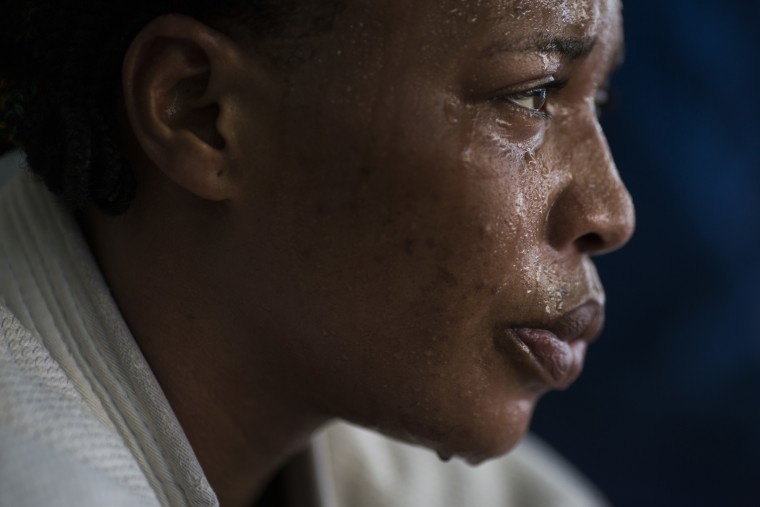
She soon turned to the hundreds of thousands of refugees living in a squalid purgatory in her homeland.
The world should be helping refugees make careers for themselves so that they can be productive when they return home, she said. The Refugee Olympic Team plays a small but important role, showing the world that refugees are worthy of help and capable of great things.
"It will not solve the larger problem happening today, but it's hope," she said. "It's one step."
After the Rio Games are over, the refugee athletes will presumably return to training, and continue their careers, officials said. Many will work toward making the 2020 Games in Tokyo, although it's far from clear whether there will be another Refugee Olympic Team.
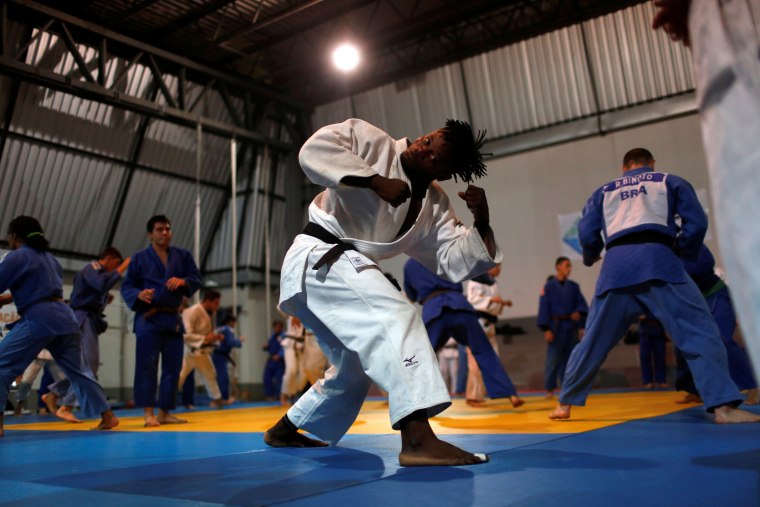
At the same time, there should be similar avenues for refugees with other gifts, said Raouf Mazou, the United Nations Refugee Agency's representative in Kenya.
"There's no reason why if you are not an exceptional athlete, that you shouldn't have an opportunity to exercise your talents, whether it be music or other arts," he said. "These are the things that give people hope, give people dreams."
